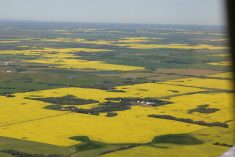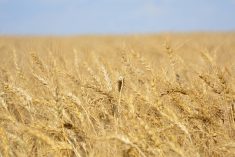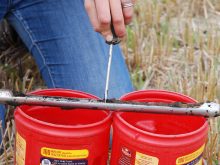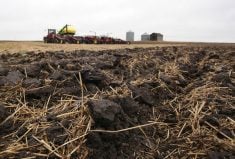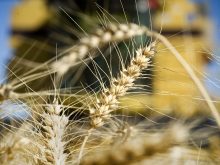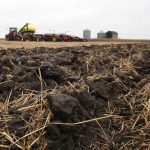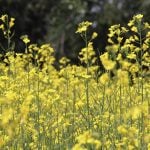SWAN RIVER, Man. (Staff) – About 200 farmers packed a hall here last week to tell provincial officials they think there are far too many elk in the area and they want longer hunting seasons.
Ironically, the gathering was held at the town’s Elks Hall.
But Brian Gillespie, director of Manitoba’s natural resources’ wildlife branch, said wildlife lovers, hunters, elk ranchers and farmers have different opinions on what action to take.
And the department’s deputy minister Dave Tomasson said while he doesn’t want to consider increasing the elk hunt, he wouldn’t rule it out either.
Read Also
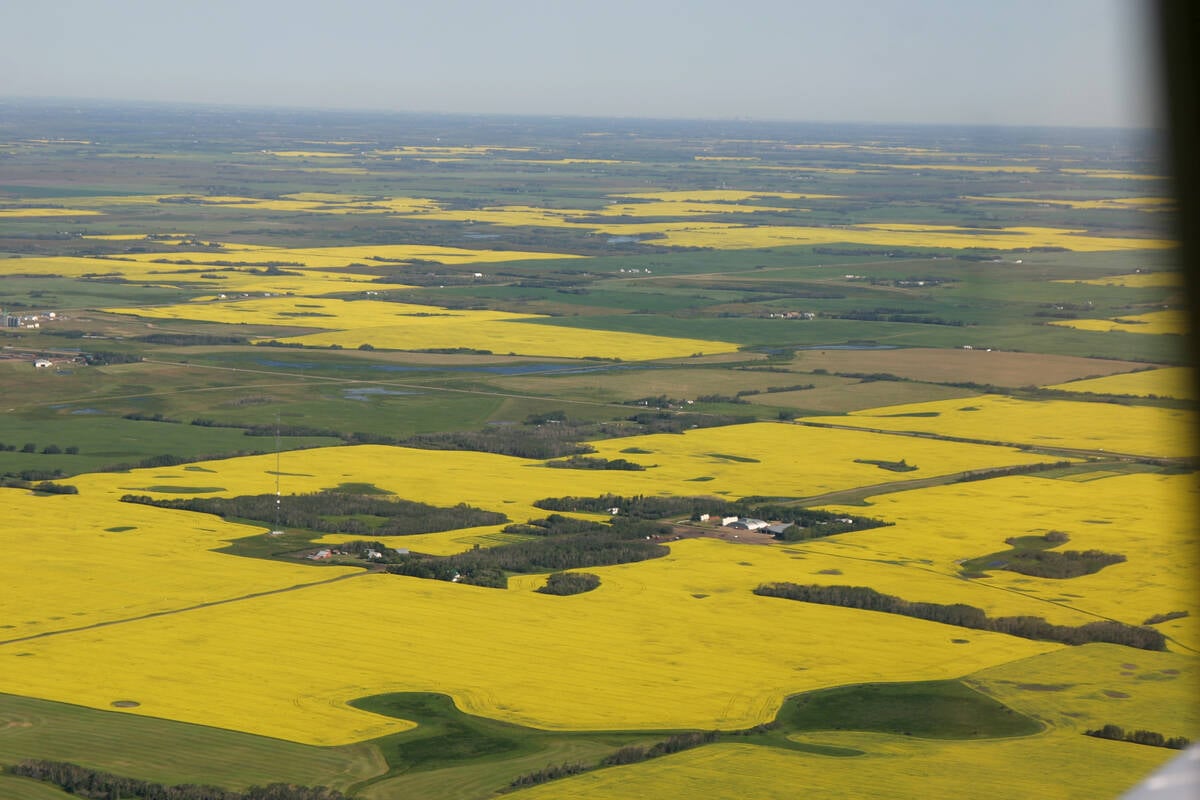
Increasing farmland prices blamed on investors
a major tax and financial services firm says investors are driving up the value of farmland, preventing young farmers from entering the business. Robert Andjelic said that is bullshit.
“It’s going to be hard to be killing elk when we believe in the long run they could be used for better purposes,” Tomasson said.
The Manitoba government recently announced it will legalize elk ranching. In the next six weeks, Tomasson said, the department plans to capture about 100 elk from the area. These will eventually be sold to ranchers.
He acknowledged removing this small number won’t make much immediate difference to farmers, but he listed other ways the department hopes to control the population:
- More money will be put toward hauling hay bales and seeding lure crops in remote areas to attract elk away from farmland.
- More staff will move to the area to help with scare tactics.
- The government will work on long-term habitat projects to encourage elk to live in nearby parks rather than on the plains.
Bill Barker, a farmer helping to galvanize action on the elk problem, said he’s heard these suggestions before.
He said the government should significantly cut elk numbers, or compensate farmers in full for all damage elk cause on their property.
Marvin Burke, manager of adjusting services for the Manitoba Crop Insurance Corporation, said more compensation may become available.
A group that reviewed the program recently recommended 100 percent compensation for future wildlife damage to hay and crops.
Farmers told Burke damage to fences, shelterbelts and strawberries should also be paid for.





